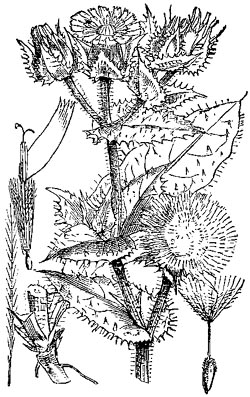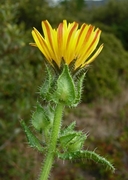mshoneyfly
Well-Known Member
is haitian castor oil supposed to be h'uille mascreti? cause the ones at the bss store look so diluted and clear in comparison but kinda has a similar smell
ScorpioLove
The bottle says organic & unrefined. For ingredients it says Lwil Maskreti

 The same with shea butter from Africa and all for obvious reasons (to those not obvious, you need a certain climate to grow aloe plants, coconut trees, and shea trees). Many women abroad couldn't afford Pink Oil, bergamot, and Dax from America so they used what was available to them.
The same with shea butter from Africa and all for obvious reasons (to those not obvious, you need a certain climate to grow aloe plants, coconut trees, and shea trees). Many women abroad couldn't afford Pink Oil, bergamot, and Dax from America so they used what was available to them. 






 It's a HARD, LONG road and not many of us kinky heads can get length (4C+)
It's a HARD, LONG road and not many of us kinky heads can get length (4C+)